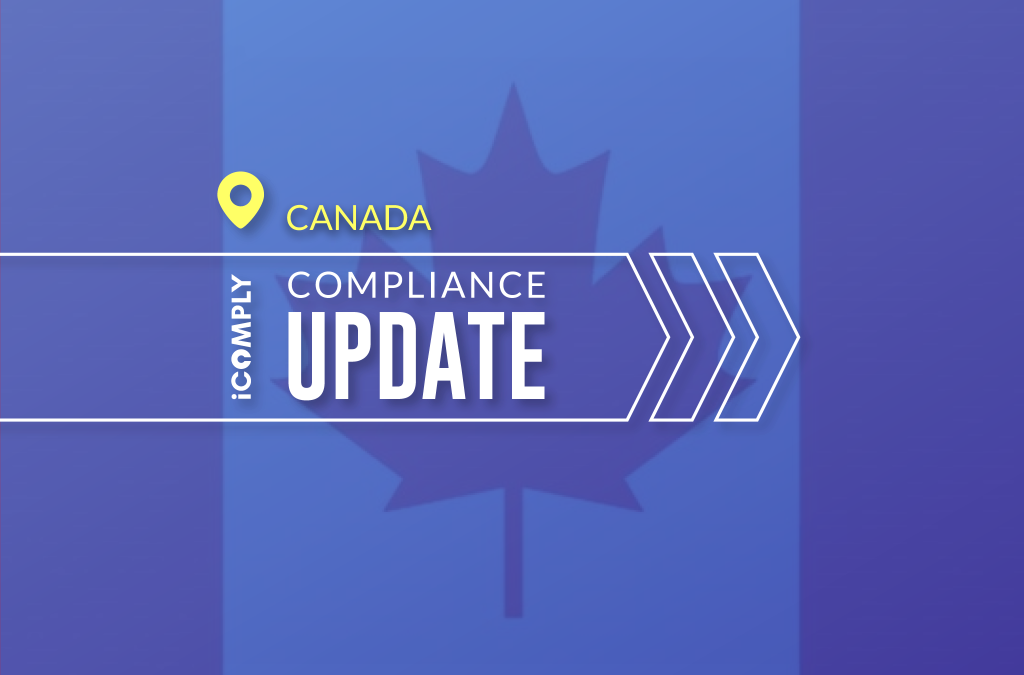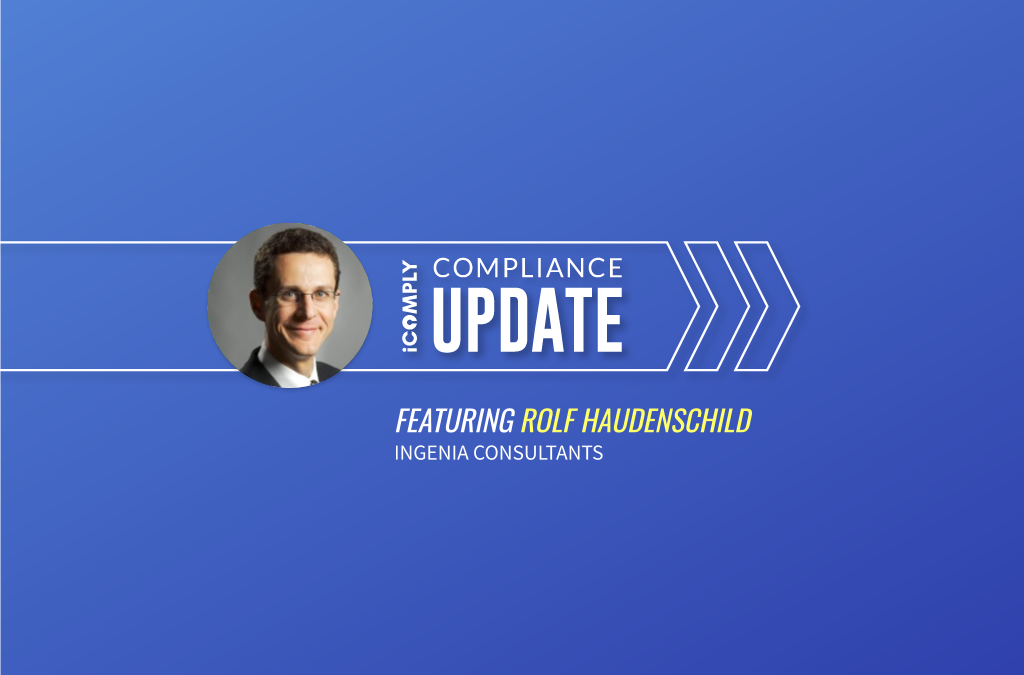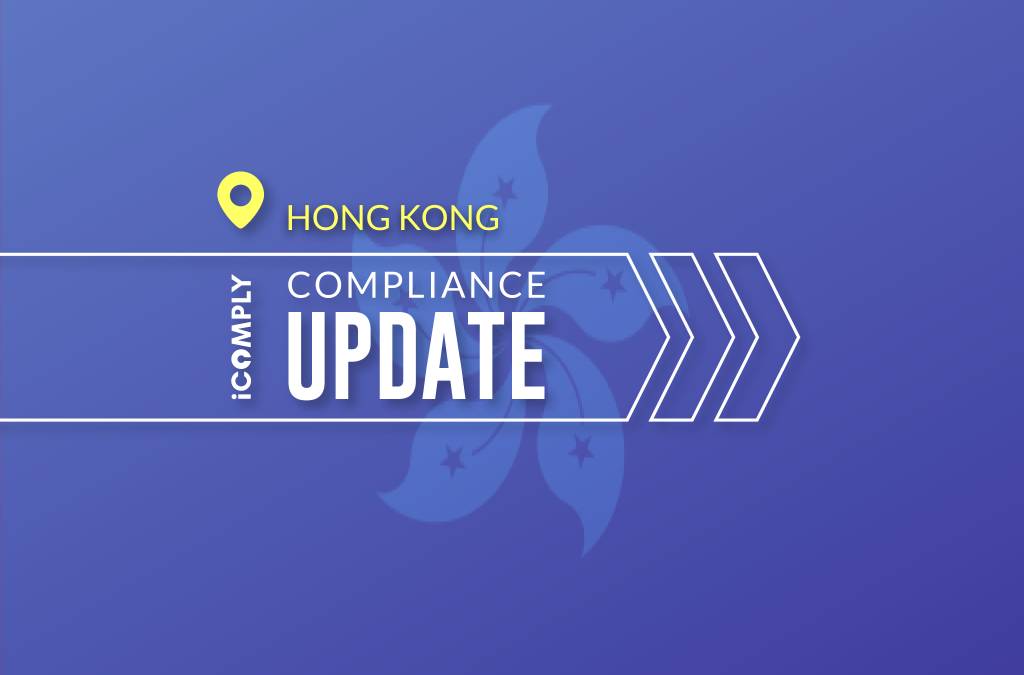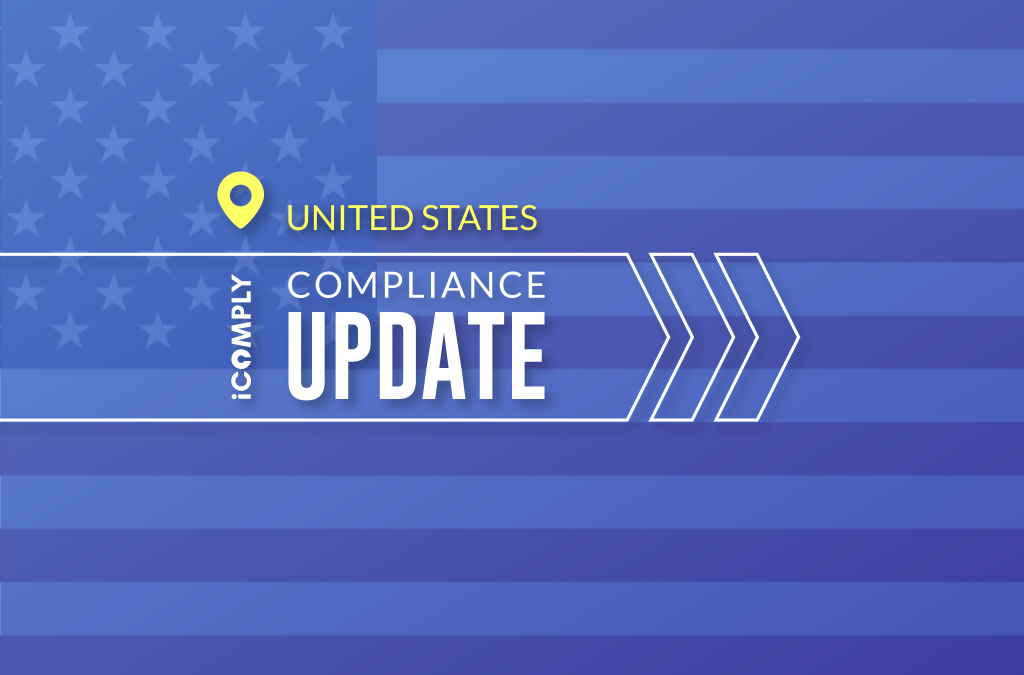Enhanced Due Diligence (EDD) poses several challenges that can complicate compliance efforts. Understanding these challenges and implementing effective solutions is crucial for maintaining robust EDD processes. Common Challenges...

BCSC Targets Yet Another Cryptocurrency Exchange
BCSC Targets Yet Another Cryptocurrency Exchange
British Columbia Securities Commission adds Cryptec.io to the provincial Investment Caution List
What Happened?
May 27, 2020: Cryptec, a cryptocurrency trading platform incorporated in the Commonwealth of Dominica, has been providing services to residents in the province of British Columbia, without being registered with the local securities regulator.
According to the BCSC, Cryptec may be considered an exchange under section 25 of the Securities Act, RSBC 1996, c. 418 (the Act), and has not registered as a dealer under section 34 of the Act. Cryptec’s activities are regulated by Canadian legislation, the company has subsequently been added to the IOSCO warnings list.
Source: https://www.bcsc.bc.ca/Enforcement/Investment_Caution_List/Cryptec/
Who Is Impacted?
Online financial services providers that have yet to obtain proper licensing, as well as entities engaged in a business relationship with Cryptec.
Why This Matters?
Due to its failure to comply with British Columbia securities regulations, Cryptec is now listed on international regulatory watch lists such as IOSCO and faces increased scrutiny in the months and years ahead.
This precedent provides clear guidance on when regulators determine a financial platform is required to be registered in their jurisdiction–as soon as you serve your first user, whether or not you have a physical operation in the region. Ignoring this can lead to similar or even more severe actions from regulators such as the BCSC.
What’s Next?
Businesses providing financial services online must ensure they have obtained the proper licensing and registration for every jurisdiction in which they intend to receive new users, and that they follow the regulations in the jurisdictions where those users are domiciled.
Board members and management teams should also ensure that their KYC systems are able to identify when they are engaging with users outside the jurisdictions where they are permitted to operate.
Compliance teams who identify users outside their licensed jurisdictions should be equipped to know how to escalate these instances to management in order to properly consult with local legal and regulatory advisors.
learn more
Is your AML compliance too expensive, time-consuming, or ineffective?
iComply enables financial services providers to reduce costs, risk, and complexity and improve staff capacity, effectiveness, and customer experience.
Request a demo today.
Challenges in Enhanced Due Diligence and How to Overcome Them
Best Practices for Implementing Enhanced Due Diligence
Implementing Enhanced Due Diligence (EDD) effectively requires strategic planning and adherence to best practices. Here are key strategies to enhance your compliance program with EDD: 1. Develop a Risk-Based Approach A risk-based...
Enhanced Due Diligence: A Comprehensive Guide
Enhanced Due Diligence (EDD) is a critical process in the compliance landscape, particularly for financial institutions. It involves a deeper level of scrutiny for high-risk customers to prevent money laundering, fraud, and other...














